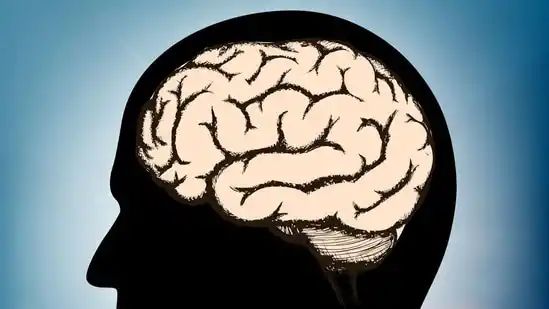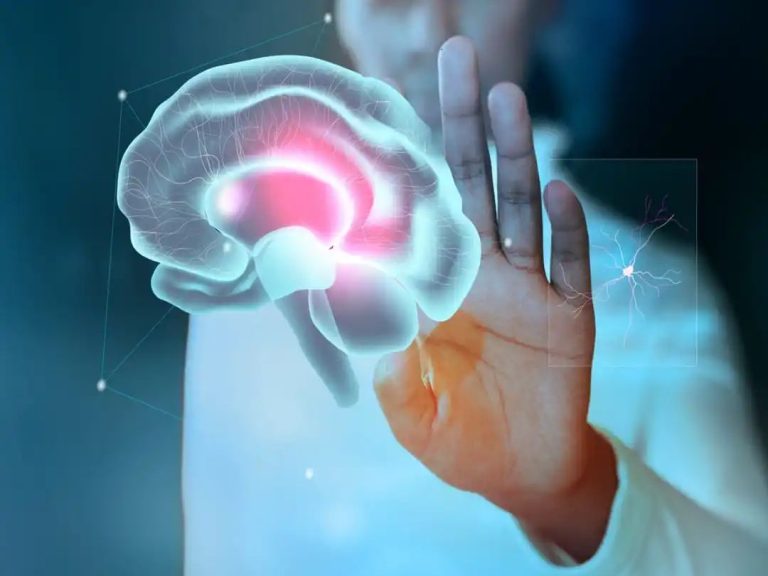Can Vitamin D Deficiency Lead To Irritable Bowel Syndrome (IBS)?

Vitamin D is an essential nutrient that supports the immune system, helping the body fight infections and prevent chronic diseases. Additionally, sufficient vitamin D levels also help absorb calcium and phosphorus, which in turn maintain bone strength and improve digestive health.
On the contrary, vitamin D deficiency can wreak havoc in various parts of the body, including the stomach.
Some research suggests that low levels of the ‘Sunshine Vitamin’ can even lead to Irritable Bowel Syndrome (IBS), a common digestive disorder that affects the gastrointestinal tract.
We asked Dr Raj Vardhan Singh, OSD Chairman, Noida International Institute of Medical Sciences and Hospital, Noida International University, whether the association is accurate.
Understanding Irritable Bowel Syndrome (IBS)
IBS is a gastrointestinal disorder characterised by a group of symptoms, including:
- Pain in your abdomen
- Changes in your bowel movements
- Bloating
- The feeling of not fully emptying the bowels
- Whitish mucus in your stool
- IBS is estimated to account for 7-21% of the population worldwide, according to a review published in JAMA Network.
- Women are said to be up to two times more likely than men to develop IBS, whereas people younger than age 50 are more prone to the condition, as per the National Institute of Diabetes and Digestive and Kidney Disease (NIDDK).
Other factors that increase a person’s risk of IBS include a family history of IBS, a history of stressful or difficult life events, and having a severe infection in the digestive tract.





